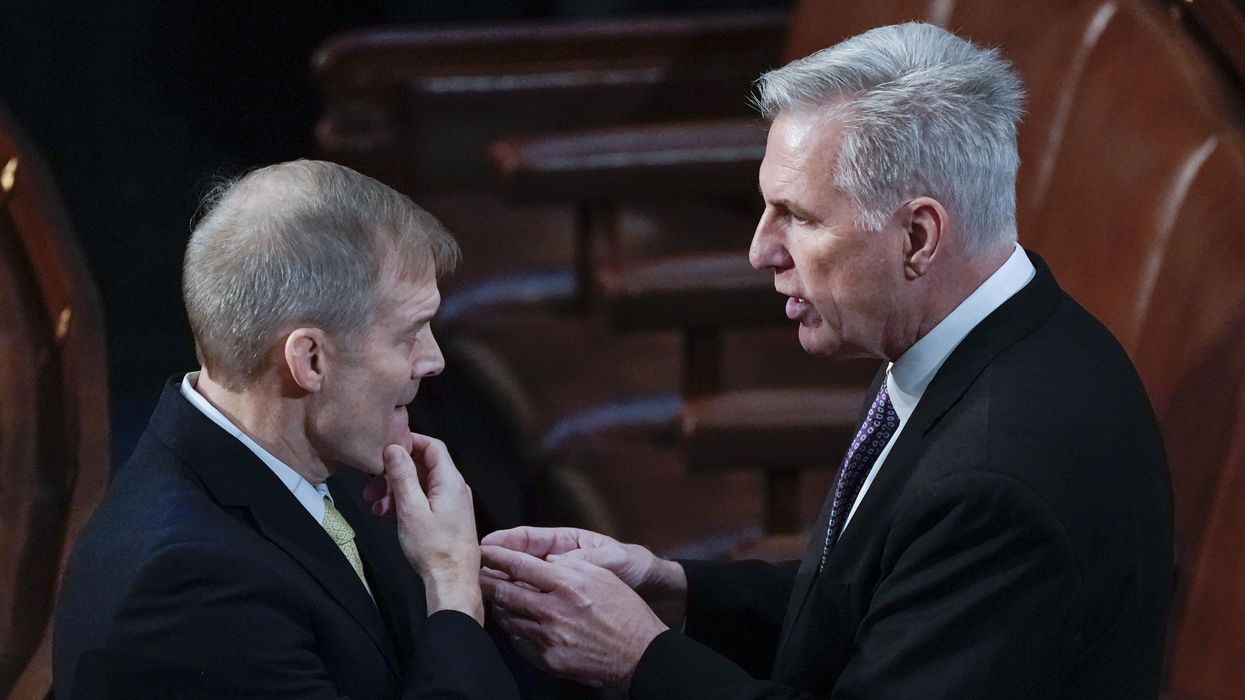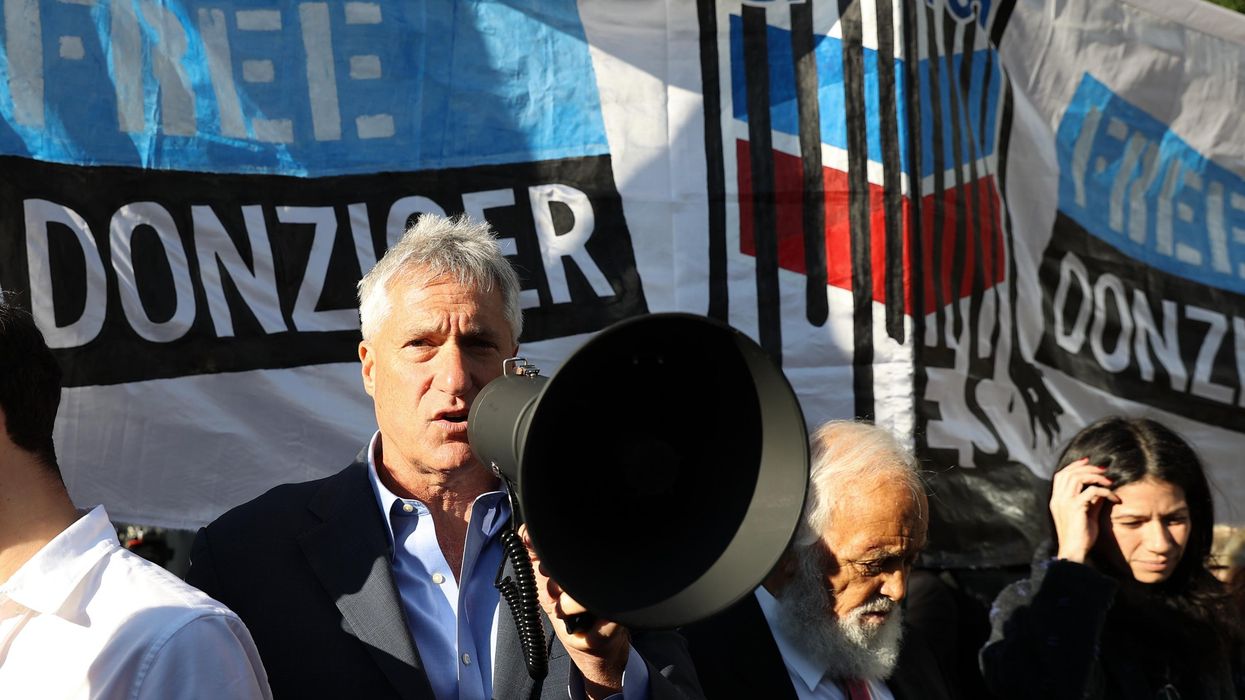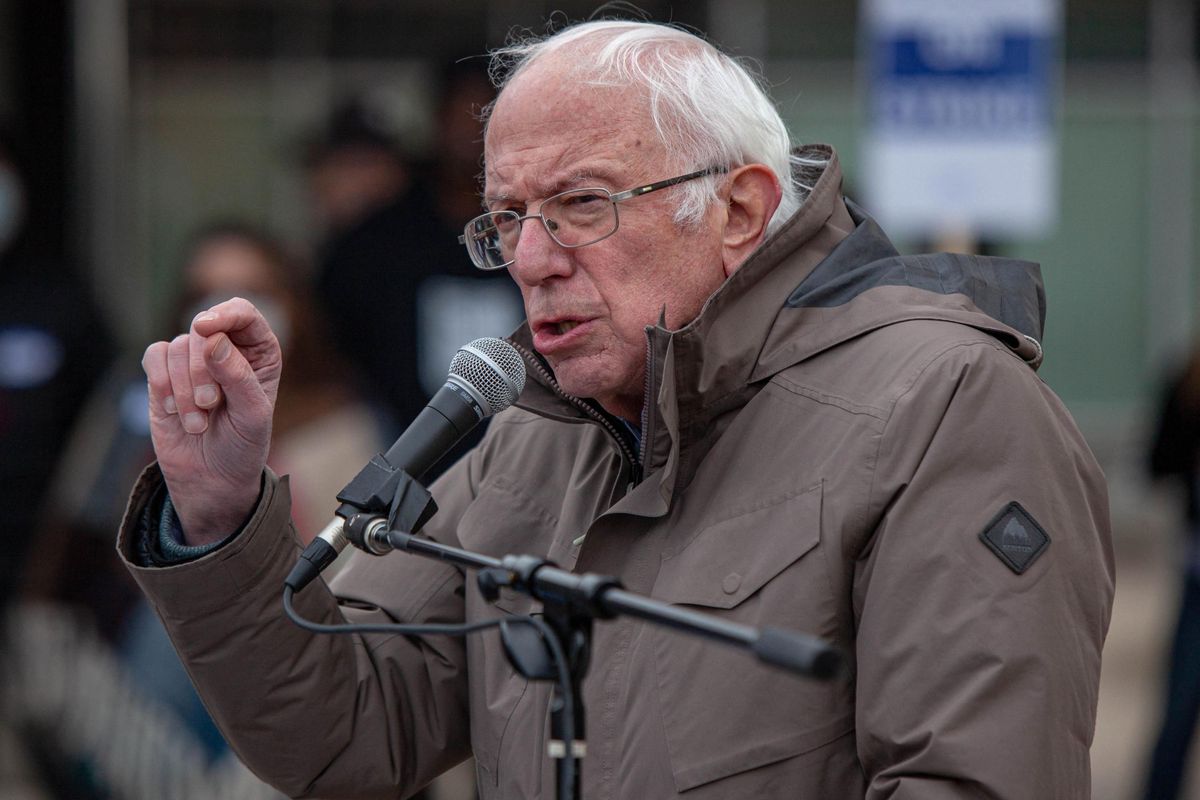
Ahead of U.S. President Joe Biden’s Tuesday meeting with Mexican President Andrés Manuel López Obrador, Greenpeace implored the two men to commit to ending all new oil and gas development in the Permian Basin, increasing clean energy investments, and securing a just transition for fossil fuel workers.
As detailed in a recent multimedia report, the Permian Basin—home to two million people in West Texas and southeast New Mexico—was transformed into “the world’s single most prolific oil and gas field” during last decade’s drilling and fracking boom.
If fossil fuel executives’ plans to expand extraction in the basin and boost exports from the Gulf Coast are allowed to go forward, experts estimate that nearly 40 billion tons of carbon dioxide would be emitted by 2050—equivalent to 10% of the world’s remaining “carbon budget,” or the amount of pollution compatible with limiting global warming to 1.5°C above preindustrial levels by the century’s end. Meanwhile, a recent study found that the basin’s pipelines are currently leaking 14 times more methane than previously thought.
“Mexico’s updated climate goals can only be attained if both Mexico and the U.S. put an end to exploitation of the Permian Basin,” Gustavo Ampugnani, executive director of Greenpeace Mexico, said Tuesday in a statement. “Greenpeace offices in the two countries will campaign on all fronts until Presidents López Obrador and Biden put their money where their mouths are.”
According to Greenpeace:
As both nations face increased threats from the climate crisis, leaders from the U.S. and Mexico continue to incentivize the fossil fuel industry to ramp up oil and gas production in the Permian Basin and greenlight polluting fossil fuel infrastructure projects that will lock us into decades of emissions. From drilling and refining operations in Texas, to pipelines carrying Permian oil and gas through Mexico, the fossil fuel industry jeopardizes the health and safety of communities at each stage of the fossil fuel production process.
Last year, the U.S. became the world’s top exporter of liquefied natural gas. “Around 70% of Mexico’s natural gas supply is being met by U.S. pipeline imports,” Greenpeace noted. “This is not what climate leadership looks like.”
“From drought and record heatwaves to stronger, more frequent storms and flooding, we are living in a climate emergency.”
Prior to last November’s COP27 climate conference—which ended, like the 26 meetings before it, with no blueprint for rapidly cutting off planet-wrecking fossil fuels—the United Nations published reports warning that due to woefully inadequate emissions reductions targets and policies, there is “no credible path to 1.5°C in place,” and only “urgent system-wide transformation” can prevent a cataclysmic temperature rise of nearly 3°C by 2100.
According to the latest data, atmospheric concentrations of carbon dioxide, methane, and nitrous oxide—the three main heat-trapping gases pushing temperatures upward—reached an all-time high in 2021, and greenhouse gas emissions only continued to climb in 2022.
Despite ample evidence that new fossil fuel projects will worsen deadly climate chaos, oil and gas corporations—supported by trillions of dollars in public subsidies each year—are still planning to expand dirty energy production in the coming years, including in the Permian Basin.
“The oil and gas industry has lit a fuse on the Permian Basin carbon bomb that threatens to blow up any hope of a livable future,” John Noel, senior climate campaigner at Greenpeace USA, said Tuesday. “The technology to address the climate crisis already exists. It’s time for Presidents Biden and López Obrador to commit to ending the exploitation and destruction of our communities at the hands of the oil and gas industry.”
“From drought and record heatwaves to stronger, more frequent storms and flooding, we are living in a climate emergency,” Noel added. “Last year, President Biden said that he will treat it as such. It’s time for him to make good on those words by kickstarting a fossil fuel phaseout and declaring a climate emergency.”
Greenpeace’s intervention came as Biden and López Obrador prepared to engage in bilateral talks as part of the so-called “Tres Amigos” summit in Mexico City, which also features Canadian Prime Minister Justin Trudeau.
In the lead-up to the meeting, more than 100 progressive advocacy groups from around North America urged the continent’s heads of government to cooperate on mitigating the climate crisis, ensuring the just treatment of migrants, and reducing gun violence.










